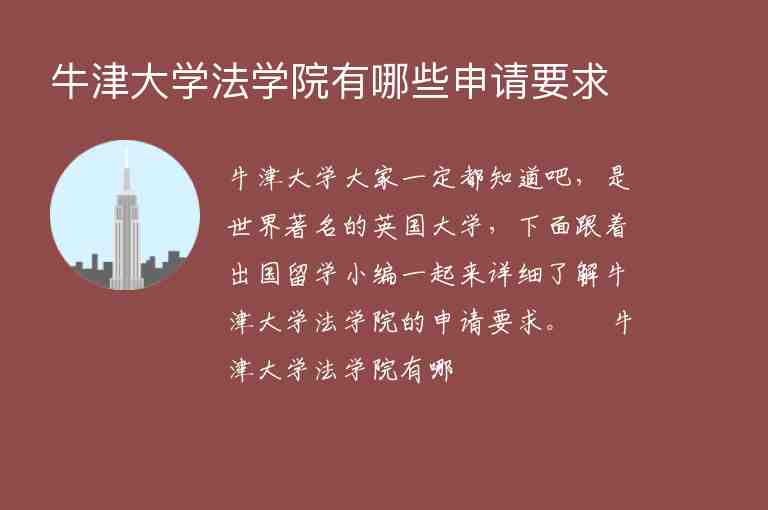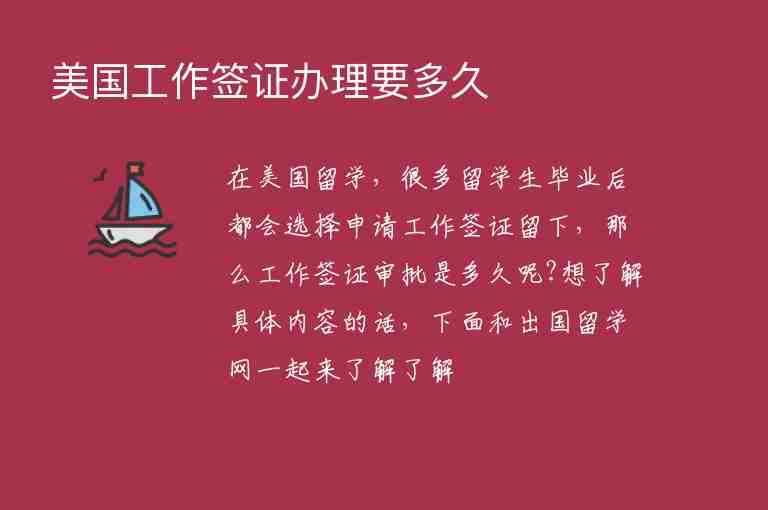批改的意思是指对文稿、试卷等进行检查、修改和评定。在学术、教育领域中,批改通常指的是对学生的作业或考试答卷进行评分和评语。
怎么读(音标)
批改:pī gǎi
用法
批改一般用作动词,表示对文稿、试卷等进行检查、修改和评定。也可以用作名词,表示这种行为或过程。
例句1-5句且中英对照
1. The teacher spent the whole weekend marking and grading the students' essays.
老师花费了整个周末时间来批改学生的论文。
2. It is important for teachers to provide constructive feedback when correcting students' mistakes.
老师在批改学生错误时提供建设性反馈非常重要。
3. The editor had to carefully proofread and edit the manuscript before it could be published.
编辑在出版前必须仔细校对和修改手稿。
4. The essay will not be accepted if it is not properly formatted and free of grammatical errors.
如果文章格式不正确或存在语法错误,将无法被接受。
5. After receiving her exam results, the student asked the teacher if she could see her marked paper.
收到考试成绩后,学生询问老师是否可以看到自己的批改试卷。
同义词及用法
1. 评阅(píng yuè):也可用作动词,表示对文稿、试卷等进行评定和审阅。
2. 纠正(jiū zhèng):也可用作动词,表示对错误或缺陷进行改正和纠正。
3. 订正(dìng zhèng):也可用作动词,表示对错误的地方进行修改和矫正。
4. 校对(jiào duì):也可用作动词,表示仔细检查文稿等是否有错误,并及时改正。
5. 评价(píng jià):也可用作动词,表示对某事物进行评定和评论。
编辑总结
批改是一项重要的教育工作,它不仅可以帮助学生自己的错误和不足,提高学习成绩,还可以促进学生的自我反思和进步。在批改过程中,老师需要耐心、公平地评定学生的作业,并给予建设性的反馈。同时,学生也应该认真对待老师的批改意见,并积极改进自己的写作能力。

